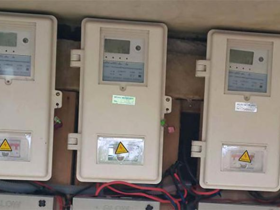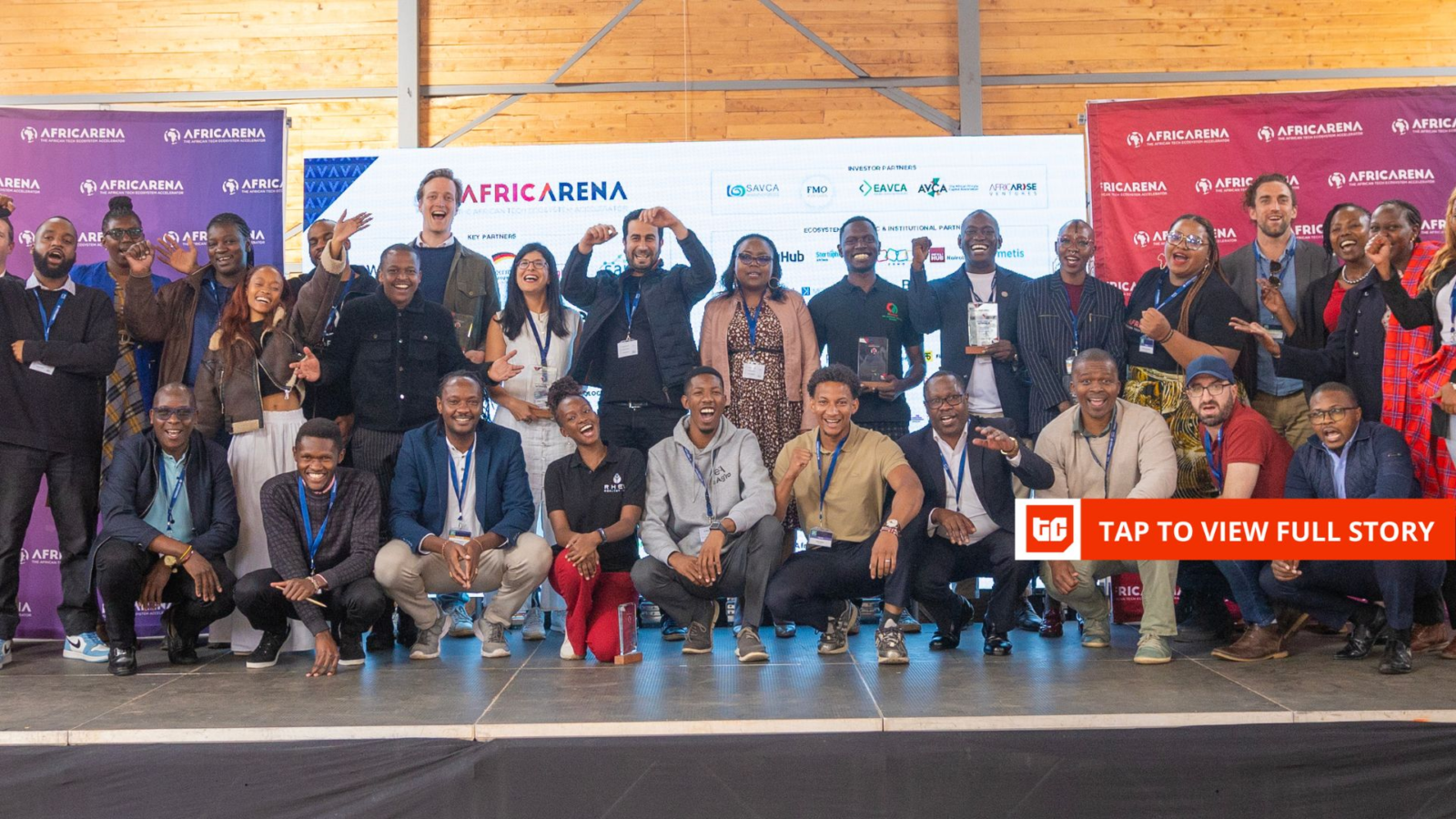Establishing Rhea in 2022, an agritech startup providing soil testing services to smallholder farmers in Kenya, faced challenges in securing funding from investors.
During that time, investments in climate and agri tech were not as popular as fintechs and e-commerce startups, resulting in lower valuations for founders who managed to raise funds.
Rhea, specializing in collecting and analyzing soil samples for farmers to make informed decisions on fertilizers and seeds, was recognized as the best climate tech startup at the recent AfricaArena climate summit in Nairobi.
Despite the initial difficulties in attracting investors due to the unconventional focus on soil health improvement, Rhea’s traction in the market and alignment with the increased emphasis on climate change, impact investing, and agricultural technology have drawn interest from both local and international investors.
While overall VC funding for startups has been decreasing, there is a rising trend in the amount of money being invested in climate mitigation and adaptation startups, with the sector raising over $3.5 billion since 2019.
In the first half of 2024, African startups in this sector received 45% of the total $325 million raised, indicating a growing interest in climate tech solutions such as water and sanitation, renewable energy, carbon removal, and land restoration.
Experts believe that the future of African tech lies in agritech, climate mitigation, and adaptation solutions, with significant funding flowing into areas like clean energy, circular economy, predictive infrastructure, and sustainable agriculture.
Organizations like the Kenya Climate Innovation Centre (KCIC) have been successful in securing funding for small enterprises in the sector, with over $150 million raised since 2022 to support businesses focused on solar energy, waste management, and reforestation.
Climate-focused VCs in Africa are optimistic about the continent’s potential, particularly in food production and disaster management, as funding to the sector continues to grow, reaching $1.1 billion in 2023.
Subsectors within climate tech that have seen increased funding include logistics and transport, as well as energy and water solutions, indicating a positive outlook for the sector’s future growth.
Experts emphasize the need for innovative approaches to address climate challenges in Africa, highlighting the continent’s potential to become a significant player in the global conversation on climate issues.














Leave a Reply